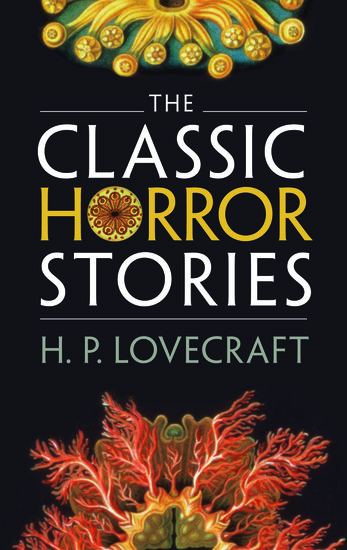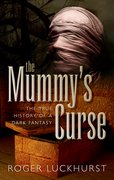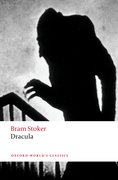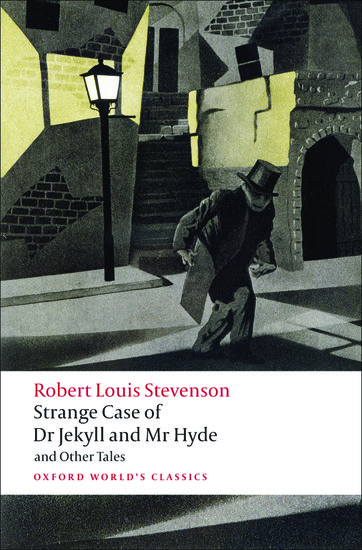In the winter of 1922-23 archaeologist Howard Carter and his wealthy patron George Herbert, the Fifth Earl of Carnarvon, sensationally opened the tomb of Tutankhamun. Six weeks later Herbert, the sponsor of the expedition, died in Egypt. The popular press went wild with rumours of a curse on those who disturbed the Pharaoh’s rest and for years followed every twist and turn of the fate of the men who had been involved in the historic discovery. Long dismissed by Egyptologists, the mummy’s curse remains a part of popular supernatural belief. We spoke with Roger Luckhurst, author of The Mummy’s Curse: The true history of a dark fantasy, to find out why the myth has captured imagination across the centuries, and how it has impacted on popular culture.









